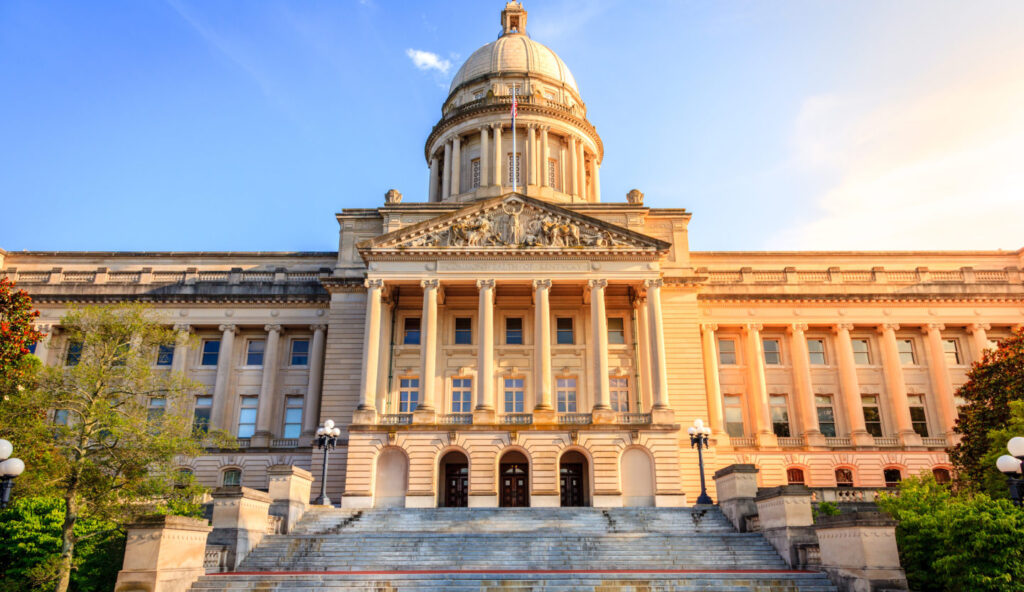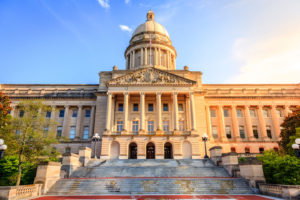Kentucky lawmakers propose bill to allow voters to elect state ed board members
Kentucky lawmakers filed a bill that would allow voters to directly elect the state’s school board members.
Senate Majority Whip Mike Wilson, R-District 32, led a group of nine Republican…

Kentucky lawmakers filed a bill that would allow voters to directly elect the state’s school board members.
Senate Majority Whip Mike Wilson, R-District 32, led a group of nine Republican co-sponsors in filing SB 8, which would remove the governor’s ability to appoint the Kentucky Board of Education’s 11 members – seven from the state’s Supreme Court districts and four that represent the entire state.
But if the measure passes, voters would cast their ballot in a partisan election. Each of the seven court districts would elect two members for a total board of 14 members.
“The accountability needs to be to the citizens of Kentucky – not to the governor,” Wilson told local media. “Every governor has tried to be the governor of education – tried to control the board of education as well as the department of education.”
Gov. Andy Beshear, a Democrat, and his predecessor, Republican Matt Bevin, made major changes to the board during their tenures.
Despite substantial increases in funding, K-12 academic performance has waned under Beshear.
But Kentucky’s situation isn’t unique. As of 2019, the majority of state school boards were appointed by the governor. Just 12 states gave voters the power to elect their own state board.
Without voter input, critics worry governors can shape the board to serve their own agenda, even if the appointments have to be confirmed by state legislators.
In addition to allowing voters to decide directly, SB 8 would also require the board elections to be partisan.
In the past, local school board elections were generally non-partisan. But a 2023 study from The Foundation for Government Accountability found a surprising benefit to partisan elections.
FGA studied local elections in North Carolina, where districts can choose to have partisan or non-partisan elections. It found voter turnout was five times lower in non-partisan elections, indicating citizens are more likely to cast a vote if it has clearer political implications.



